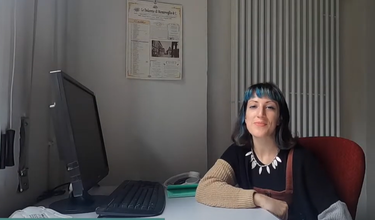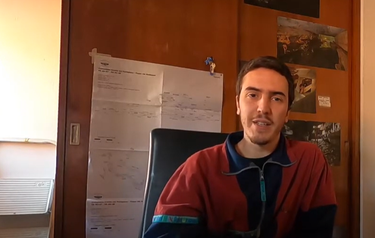Overview
Find out about the objectives, research areas and career prospects of the PhD programme.
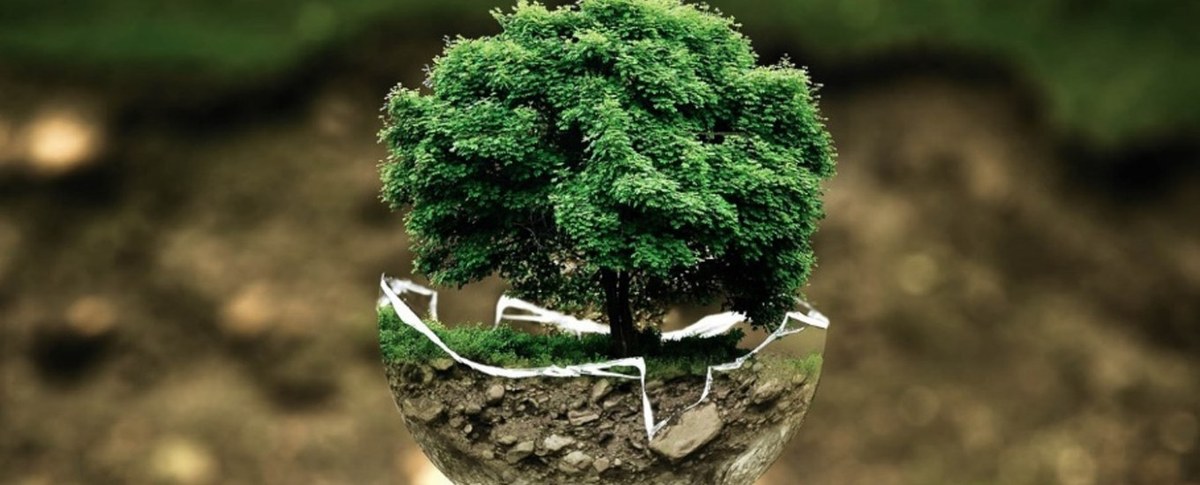
Understanding the Earth system to address global change
The research and teaching activities of the PhD Program in Earth, Life and Environmental Sciences (STVA) embrace a broad spectrum of fundamental and applied disciplines essential for investigating the evolution of life, the superficial and deep processes of the Earth and the planets, current and past ecosystems, geological risks, and biodiversity loss and issues related to the management of the environment and its resources.
The STVA PhD Program recognizes and promotes the value of understanding the interaction between living and non-living components of the earth system, contributing to the conservation and valorization of natural and cultural heritage.
Interdisciplinary research for sustainability
In the STVA PhD Program, students will be able to carry out basic science, which is fundamental for building, innovating, and advancing knowledge, and applied science, where the knowledge acquired can be usefully finalized and made available for solving specific and practical problems but also to pose new questions and new challenges to advance our society.
The STVA PhD program aims to educate specialized professionals and informed citizens. Through learning about geology, biology, and the environment, participants will be able to study and understand natural processes to tackle issues stemming from ecological imbalance, climate change, and ecosystem disruption. This integrated approach will help them actively contribute to finding socially and economically sustainable solutions.
Programme aims
Leggi dettagli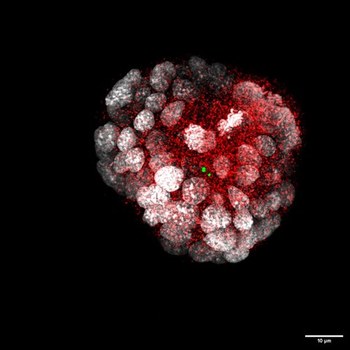
Biological Curriculum
The Biological curriculum of the STVA doctorate aims to train researchers and professionals in the field of basic and applied Evolutionary Biology with specific knowledge in the study of biodiversity, evolutionary mechanisms, ecological processes, and potential related anthropogenic threats and able to develop research and data analysis with a variety of investigation and evaluation methods.
Main lines of investigation: molecular and cellular biodiversity; animal biodiversity and evolution; plant biodiversity and evolution; human biodiversity and evolution; population biology and ecology; environmental monitoring; marine biology; computational biology.
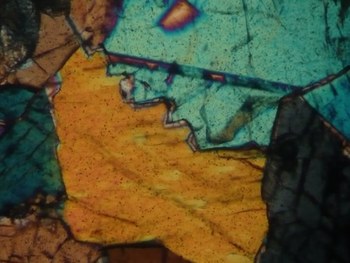
Geological Curriculum
The Geological curriculum of the STVA doctorate aims to train researchers and professionals by using innovative methods and highly professional practices. It develops methodological skills specific to pure and applied science, providing pathways to scientific research and related professional activities; in particular, research and the sustainable exploitation of natural resources, geological risk and territorial planning. Among the expected employment and professional opportunities of the STVA doctorate include the organization and management of scientific museums and parks; planning, coordinating, and implementating educational programs for schools and visitors at protected areas andnatural history museums, as well as engaging in territorial planning and management.
Main lines of investigation: Stratigraphic and structural evolution; Geochemistry, magmatism and metamorphism; Environmental geology; Marine geology; Interactions between geosphere and biosphere; Paleoecology and Taphonomy.
Prospects
STVA aims to train highly qualified scientific professionals with the capability to independently organize, manage, and develop research in the fields of modern Earth, Life, and Environmental Sciences.
Career and professional opportunities for STVA graduates include:
- the organization and direction of scientific museums and parks;
- the design, coordination, and implementation of scientific and educational programs for schools and visitors of protected areas or natural history museums;
- territorial planning and management.
Areas of professional application
STVA PhD graduates will be able to promote and develop knowledge, offering their expertise, in various work environments within public and private companies and institutions in the following areas:
- Development, management, and consultancy for the analysis and monitoring of biological evolution processes, biodiversity and species conservation, habitats and ecosystems, and human adaptive responses to environmental and cultural changes (climate, overpopulation, migrations, pandemics, etc.).
- Design and development of advanced techniques and software in morphometric, biomolecular, bioinformatics, biometric, ecological informatics, conservation fields.
- Impact assessment, with reference to floristic, faunal, and ecological components, as well as anthropic, migratory, and biodemographic aspects.
- Development, management, and consultancy in the field of mineral, water, energy resources.
- Evaluation and mitigation of geological, hydrogeological, seismic, and volcanic risks.
- Geological and thematic mapping.
- Territorial planning, management, and conservation.
- Paleoclimatic modeling.
- Design, coordination, and implementation of educational programs in the scientific field for students of all levels and for the public in parks, protected areas, scientific and natural history museums.
- Training and research in various sectors of geology, biology, and environmental sciences at national and international levels within universities or public and private research institutions.
Specific prospects for the biological curriculum
Leggi dettagliSpecific prospects for the geological curriculum
Leggi dettagli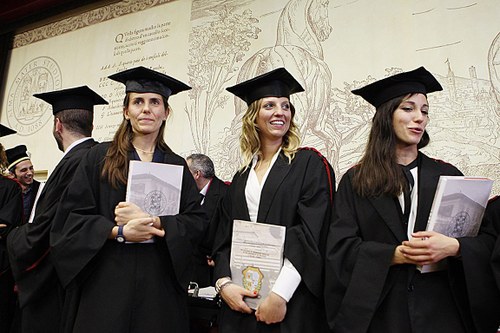
Venue, duration and admission
The PhD in Earth, Life and Environmental Sciences (STVA), lasting a total of three years, constitutes the third level of education and the beginning of the research path.
Operating centre: Bologna
To access a doctoral course at the University of Bologna it is necessary to pass a selection procedure, which takes place annually. All information on the selection is contained in the relevant admission notice.
Consult the apply information .
Phd facilities and resources
IPhD students can use laboratories and spaces for study and research in the Department of Biological, Geological and Environmental Sciences.

